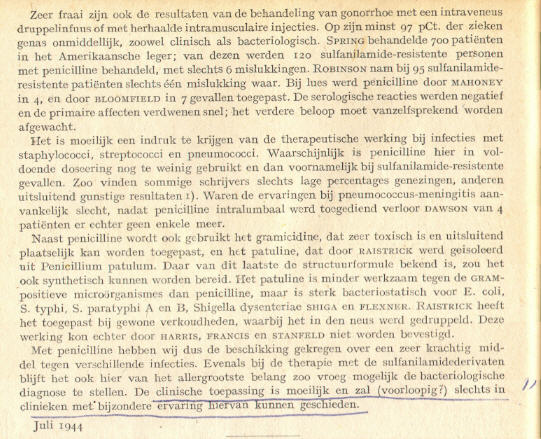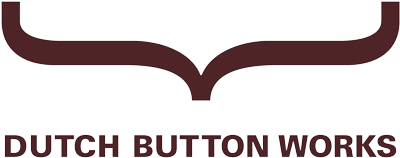New beginning on Antibiotics
Conclusions from antibiotic resistance meeting
For 70 years the world has mismanaged the common good of antibiotics. The result is a growing global burden of antibiotic resistance, threatening to take health care back to an era where ordinary infections might once again become fatal.
At a historic three day conference at Uppsala University, Sweden, 190 delegates representing 45 countries and many leading stake holders – civil society, academia, industry, governments, authorities, supranational organizations – agreed on Wednesday to turn a new page and move towards concerted action on antibiotic resistance.
“This is a starting point for a global compact on antibiotic resistance”, says Professor Otto Cars, chairman of ReAct, the international network for Action on Antibiotic Resistance.
The new signals from the Uppsala meeting include:
- A shared conviction that antibiotic resistance is a universal problem. Like global warming, it requires joint action, not least by governmental alliances.
- A clear signal from the pharmaceutical industry that return of investment on research and development of new antibiotics and diagnostic tools will have to be de-linked from market sales in order to boost necessary innovation while yet limiting the use of antibiotics. This requires a new business model where private and public sectors cooperate.
- A strong recommendation to all stakeholders to speed up the efforts to limit unnecessary use of antibiotics, while at the same time making the medicines affordable and accessible in developing countries.
- A commitment to improve the monitoring of antibiotic resistance across the world, through shared data and increased efforts. A global network of surveillance will require common methods, and is crucial for both prudent use and needs driven development of new agents.

The year 2011 marks a new beginning. ReAct is pleased to note that the World Health Day will be devoted to antimicrobial resistance. Other initiatives across the world next year include:
- A final report from TATFAR, The Transatlantic Task Force on Antibiotic Resistance.
- A policy meeting on antibiotic resistance in Dehli, India.
- A WHO Action Plan on Antibiotic Resistance.
- A number of regional initiatives, including in Southeast Asia, Africa and The Middle East.
A more detailed report on meeting outcomes will be made available shortly on www.reactgroup.org.
